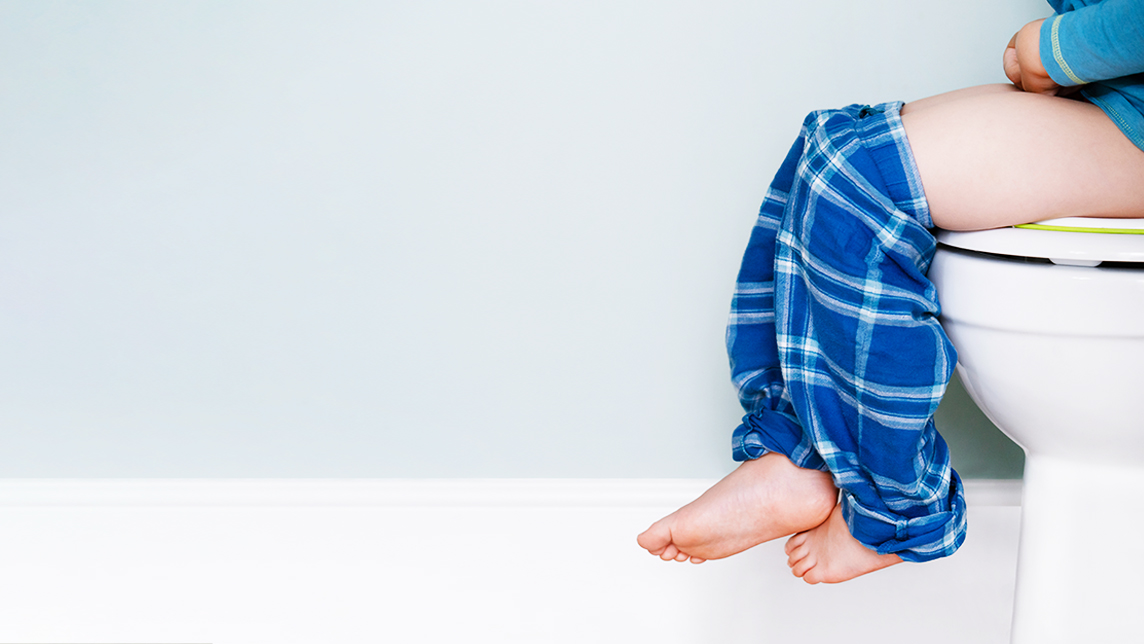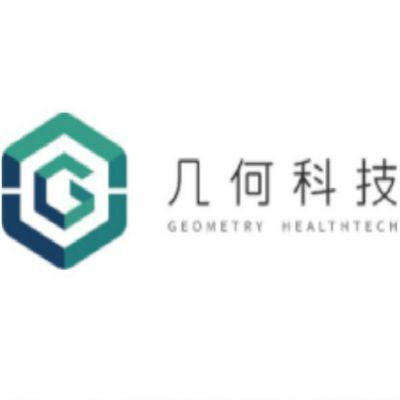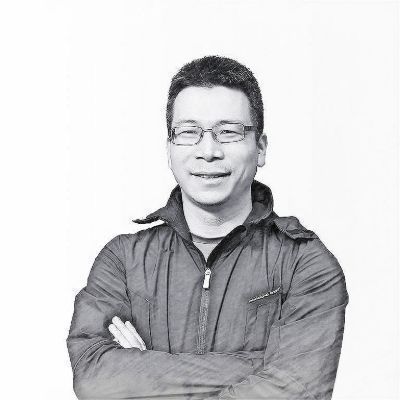In 2015, while undergoing rehabilitation after a sports injury, Chen Liangcheng realized that China's healthcare industry put more resources in treatment than prevention. Seeing the market potential of preventive care, he founded Geometry Healthcare in December 2015 to develop intelligent health monitoring products that can be easily used outside a clinical environment.
The first product that Chen chose to develop was a smart toilet that can monitor users' daily health by testing their urine and generating a report within minutes on a mobile app with several health indicators.
Chen chose the toilet for his entry into the preventive healthcare sector as urine is a very useful indicator of human health. Urinalysis provides clues to diseases such as diabetes and kidney diseases. "It [the toilet] is also a daily necessity in life," he said.
With Geometry Healthcare’s smart toilet, users only have to make a trip to the bathroom to have their daily health monitored. When urine is flushed down the toilet, a device embedded in a box in the lower part of the toilet will take a urine sample through a slot on the toilet bowl’s inside surface. The sample will react with a test strip, which is connected to a biochip in the box.
Two minutes later, the user, who would have been identified with a fingerprint before using the toilet, will receive a health report via a smartphone, with over a dozen indicators, including the pH value, urine specific gravity, urine protein and urine sugar. A red arrow next to an indicator is a sign of abnormality. For example, if red arrows appear next to urine protein and sugar indicators, they may be an indication of diabetes.
The smart toilet enables users to monitor potential health risks daily and seek healthcare advice. Its urinalysis currently monitors over 50 diseases, major human organs, and three kinds of tumors, according to Chen. The toilet isn't yet sold in the market, but is being used in a clinic run by the company in Hangzhou.
More accessible pricing
“Females preparing for pregnancy don’t need to take urine samples every day to gauge ovulation time; the app will show their hormonal readiness after they use the toilet. Elders with diabetes can discover abnormalities without pricking their fingers for blood sugar testing and before going to hospital for testing,” said a Geometry Healthcare representative at an event on e-health in Hangzhou in November 2018.
Smart toilets available in the market generally focus on greater hygiene and comfort with features such as automatic cleaning, warm air drying and deodorization. However, companies and institutes are eyeing the potential of health monitoring functions of smart toilets.
In October 2018, China Central Television reported that researchers at the University of Cambridge had designed a toilet using an optical sensor and nanotech to capture biomarkers in urine and reveal related health information. One month later at the first China International Import Expo in Shanghai, Panasonic displayed a new smart toilet that it co-developed with HiPee, a division of China's electronics company Xiaomi, that can generate seven commonly used urine indexes.
However, the toilet designed at the University of Cambridge is still at an experimental stage and the toilet designed by Panasonic and HiPee is somewhat expensively priced at RMB 40,000 each.
Geometry Healthcare has said that its smart toilet will cost RMB 1,000 more than conventional smart toilets in the market, which don't have health-tracking features and are currently priced between RMB 1,500 and RMB 4,000.
Geometry Healthcare will also contact users whose health index readings show abnormalities and advise them to go to hospital for more targeted health checks.
Offline clinic, health monitoring
In December 2018, Beijing-based Geometry Healthcare opened its first offline clinic, in Hangzhou, focusing on preventive care and control rather than illness treatment and going further than providing only health index readings with a general description of their related potential risks.
At the clinic, a medical team first obtains the full range of a customer’s health-related information, such as work and rest routine, eating habits, workplace situation, family medical history, and previous health records. Next, doctors evaluate the information and produce a preliminary health check plan. Finally, after scrutinizing the preliminary results, doctors will arrange further, targeted health screening, but only if absolutely necessary.
For example, a 50-year old man surnamed Li told media he received a 50-page report after a health check at the Geometry Healthcare clinic. In addition to noting his risk for cardiovascular diseases and target organ damage, the report also gave him a daily dietary plan based on his eating habits, and an exercise plan and guide with instructions and illustrations for each exercise. He said that the clinic’s medical team also communicated with him daily to monitor his health.
Geometry Healthcare also promotes the smart toilet at its offline clinic, highlighting the convenience and benefits of regular health monitoring through automatic urinalysis. In addition to the advice on the app, users can go to the company’s offline clinic for consultation.
“Personalized and comprehensive health risk prevention and control cannot only rely on hospitals, but also need extra effort outside hospitals,” said Chen. “We will seek more possibilities together with users to dig up the value of their health data [collected using the smart toilet].”













